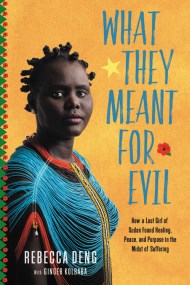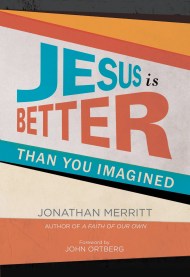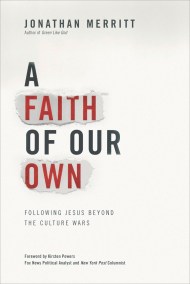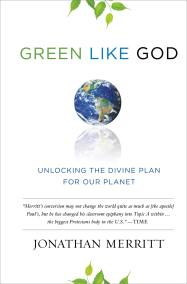By clicking “Accept,” you agree to the use of cookies and similar technologies on your device as set forth in our Cookie Policy and our Privacy Policy. Please note that certain cookies are essential for this website to function properly and do not require user consent to be deployed.
How We Love Matters
A Call to Practice Relentless Racial Reconciliation
Contributors
By Albert Tate
Foreword by Lecrae Moore
Formats and Prices
- On Sale
- Mar 8, 2022
- Page Count
- 256 pages
- Publisher
- FaithWords
- ISBN-13
- 9781546000556
Price
$13.99Price
$17.99 CADFormat
Format:
- ebook $13.99 $17.99 CAD
- Audiobook Download (Unabridged) $27.99
- Trade Paperback $17.99 $23.99 CAD
This item is a preorder. Your payment method will be charged immediately, and the product is expected to ship on or around March 8, 2022. This date is subject to change due to shipping delays beyond our control.
Buy from Other Retailers:
This powerful book reimagines discipleship by begging us to acknowledge that racism exists in the Church—and offers the hopeful message that we can disciple it out.
It is not an accident that racism is alive and well in the American church. Racism has, in fact, been taught within the church for so long most of us don’t even recognize it anymore. Pastor Albert Tate guides all of us in acknowledging the racism that keeps us from loving each other the way God intends and encourages siblings in Christ to sit together in racial discomfort, examining the role we may play in someone’s else’s struggle.How We Love Matters is a series of nine moving letters that educate, enlighten, and reimagine discipleship in a way that flips the church on its head. In these letters that include Dear Whiteness, Dear America, and Dear Church, Tate calls out racism in the world, the church, within himself and us. These letters present an anti-racist mission and vision for believers to follow that helps us to speak up at the family table and call out this evil so it will not persist in future generations.
Tate believes that the only way to make change is by telling the truth about where we are—relationally, internally, and spiritually. How We Love Matters is an exposition of relevant Biblical truth, a clarion call for all believers to examine how they see and understand each other, and it is a way forward toward justice, reconciliation, and healing. Because, yes, it is important that we love each other, but it is even more important how we love each other.
Newsletter Signup
By clicking ‘Sign Up,’ I acknowledge that I have read and agree to Hachette Book Group’s Privacy Policy and Terms of Use






